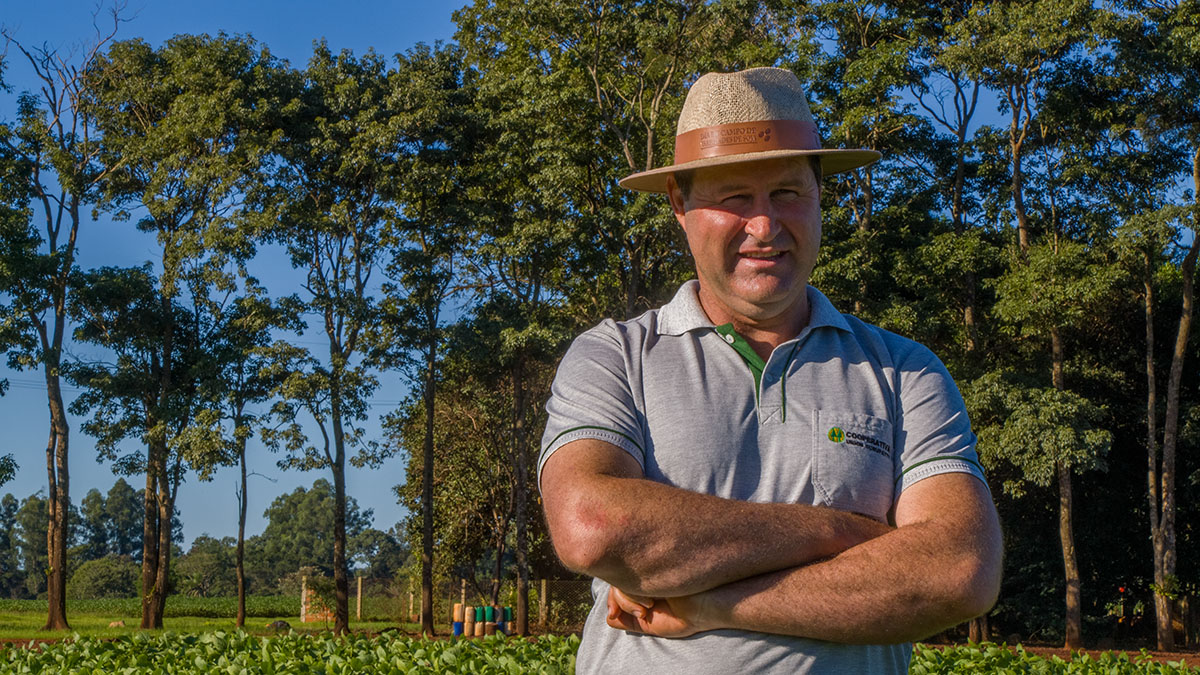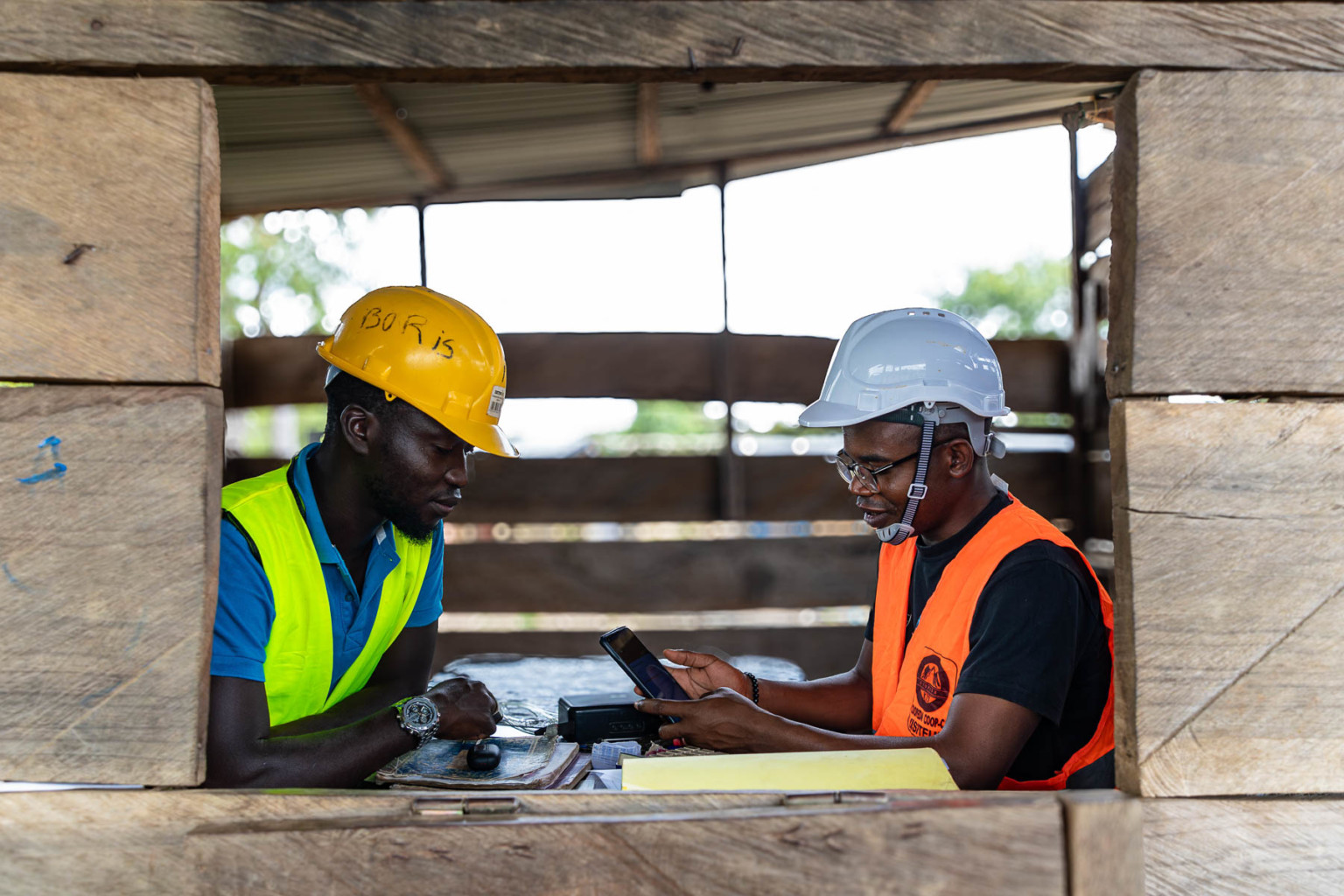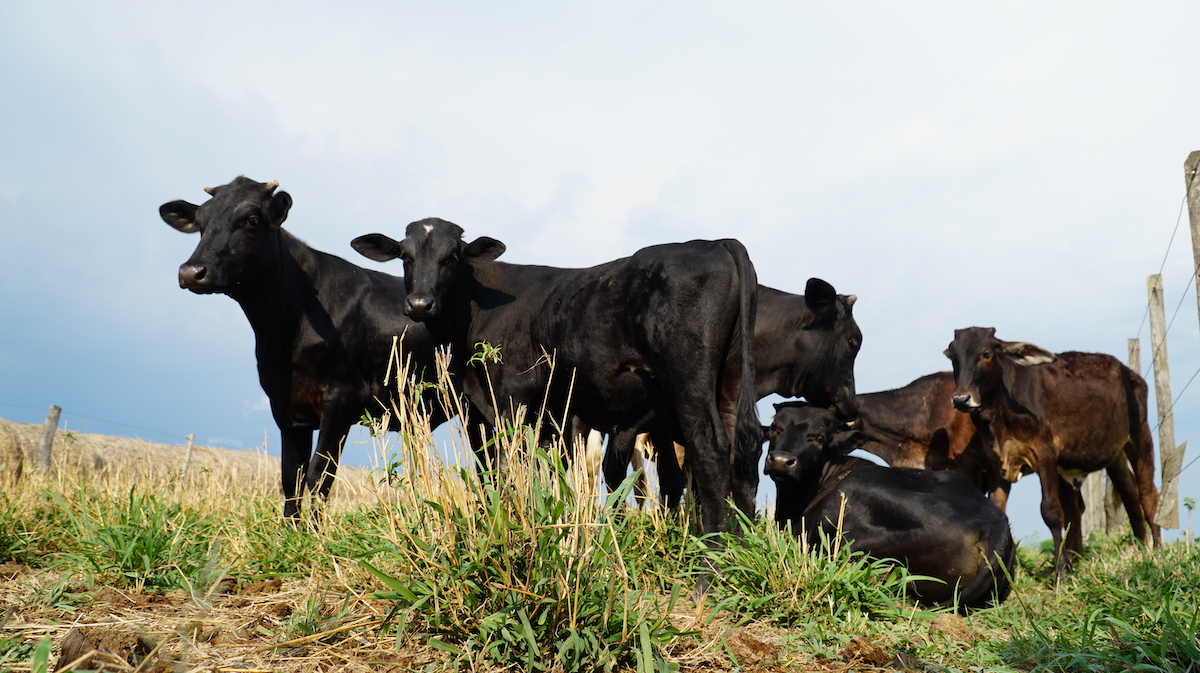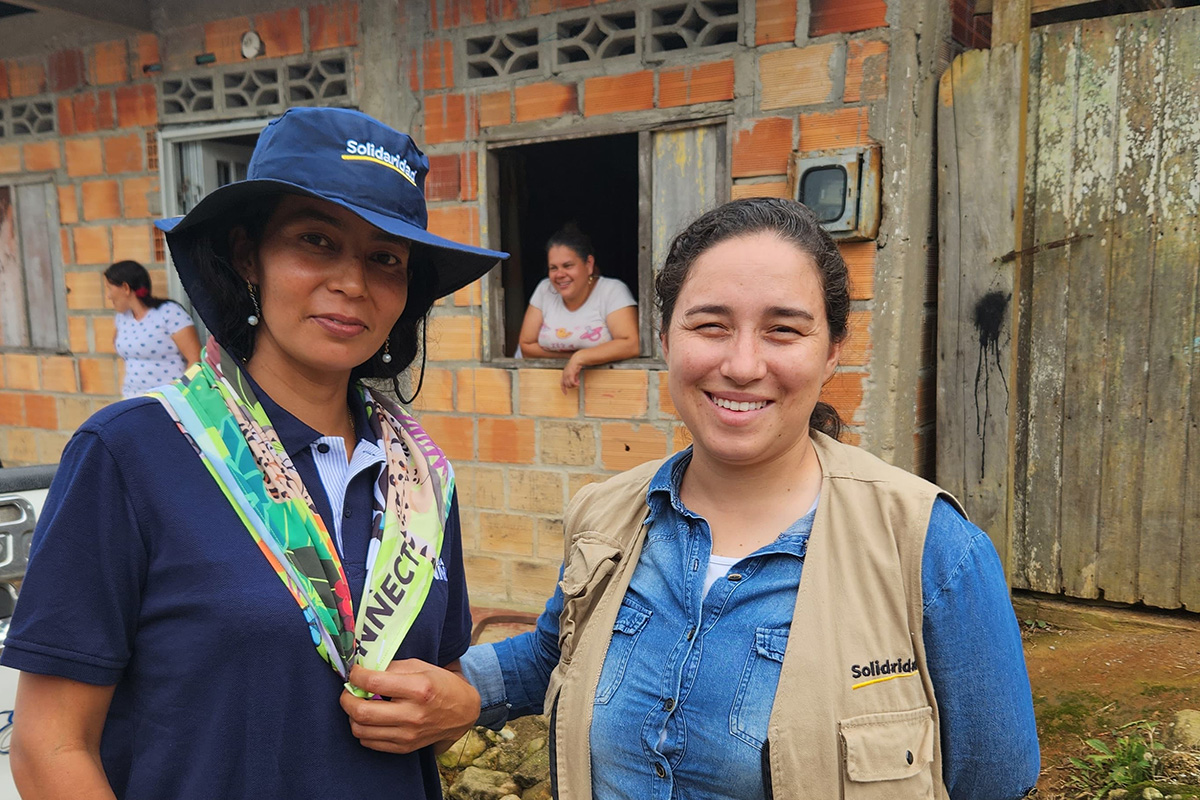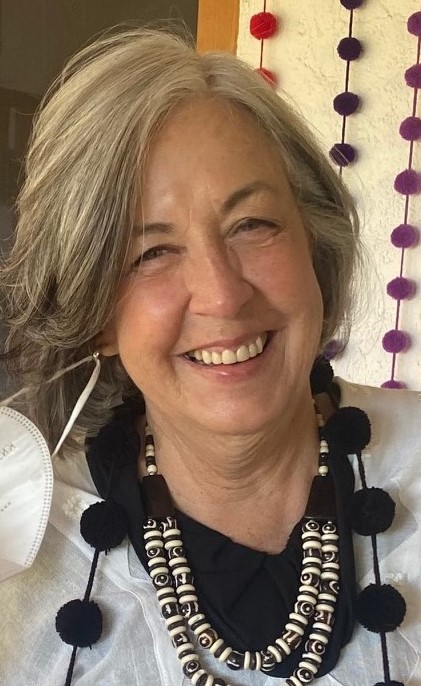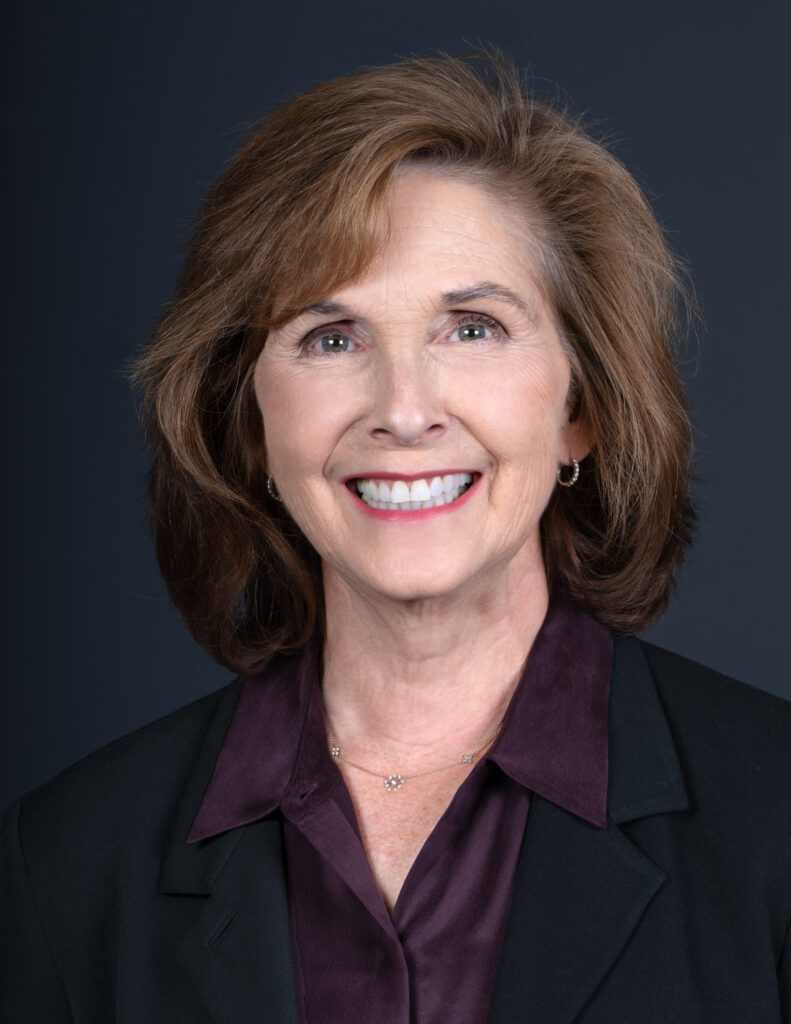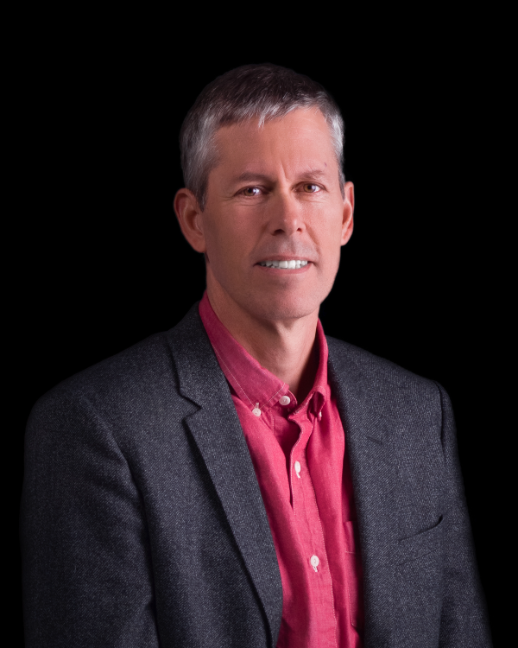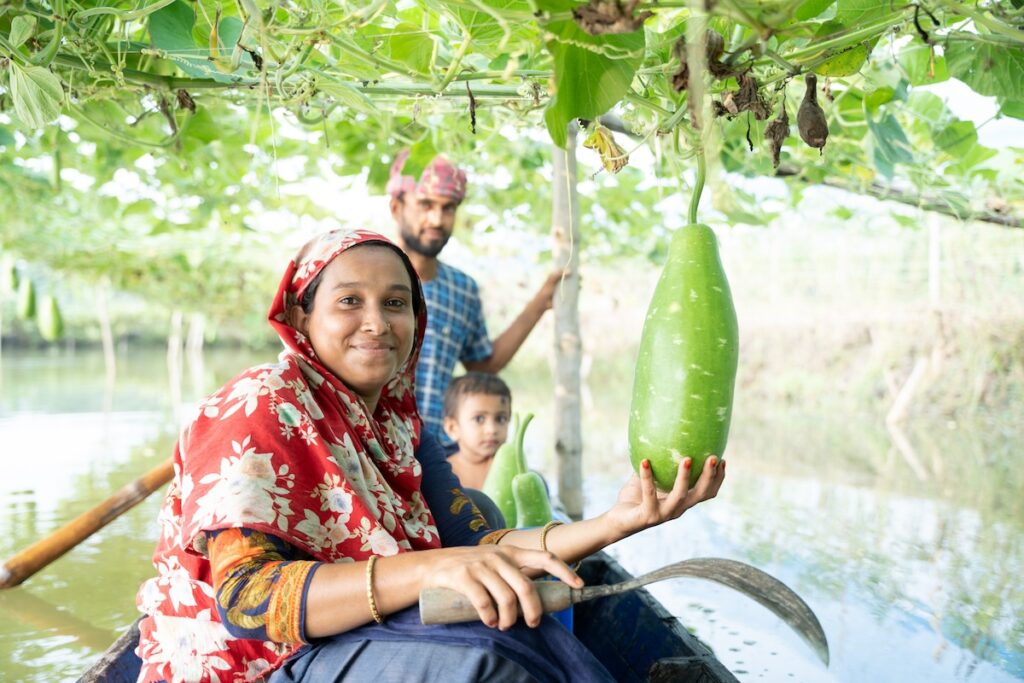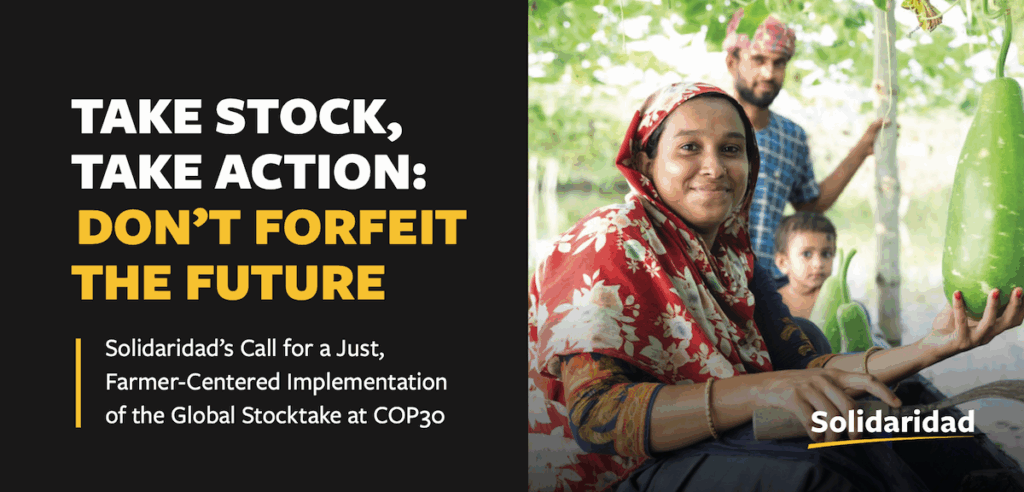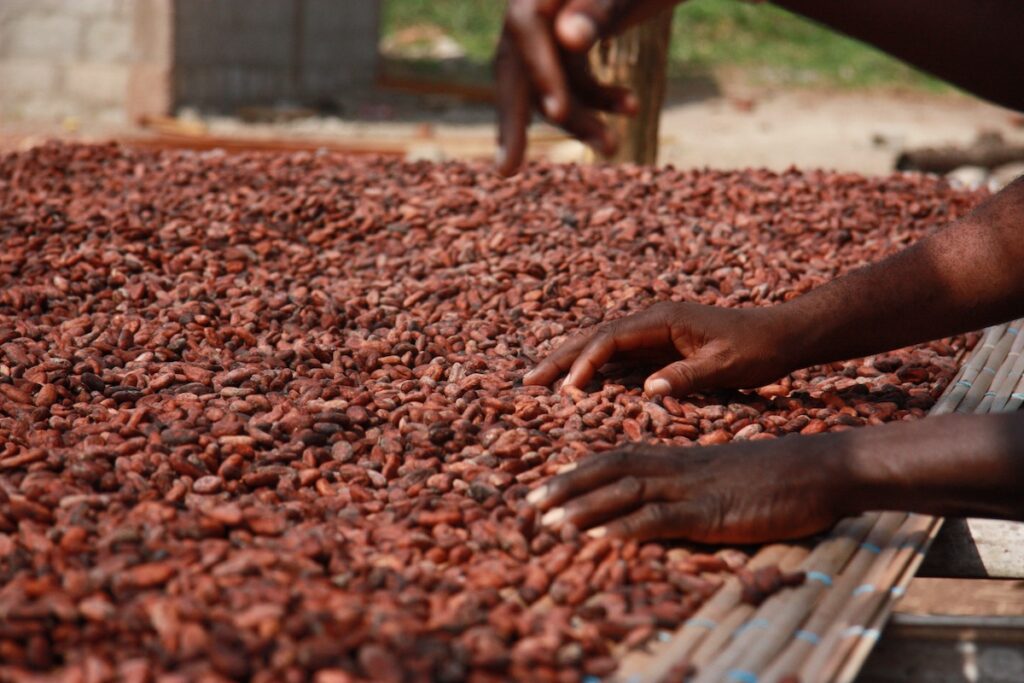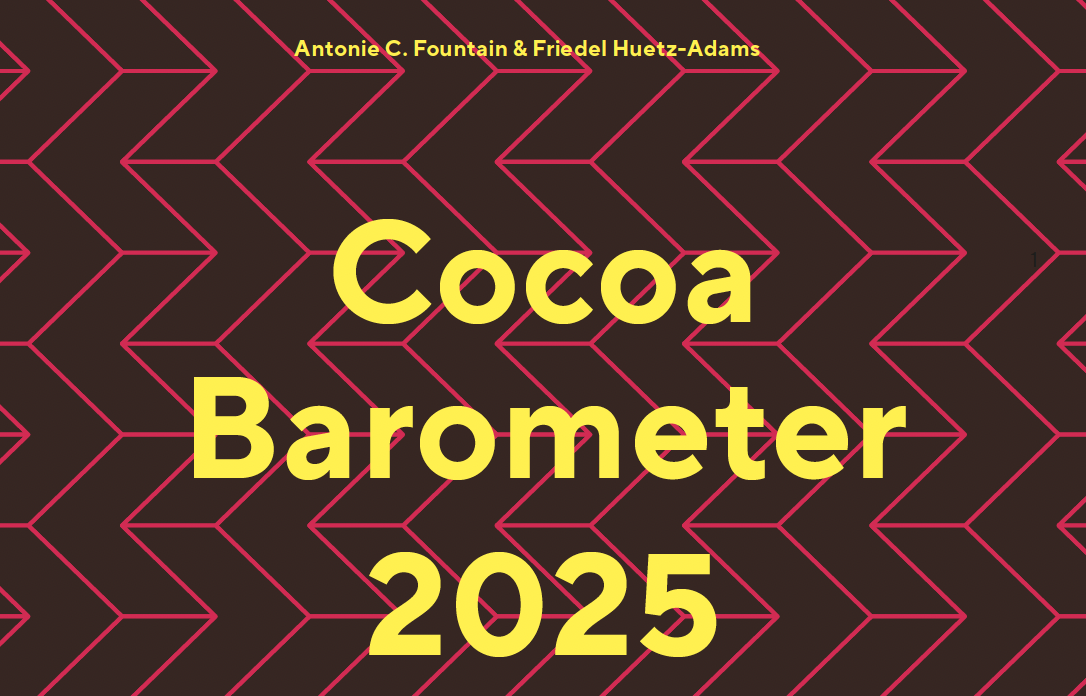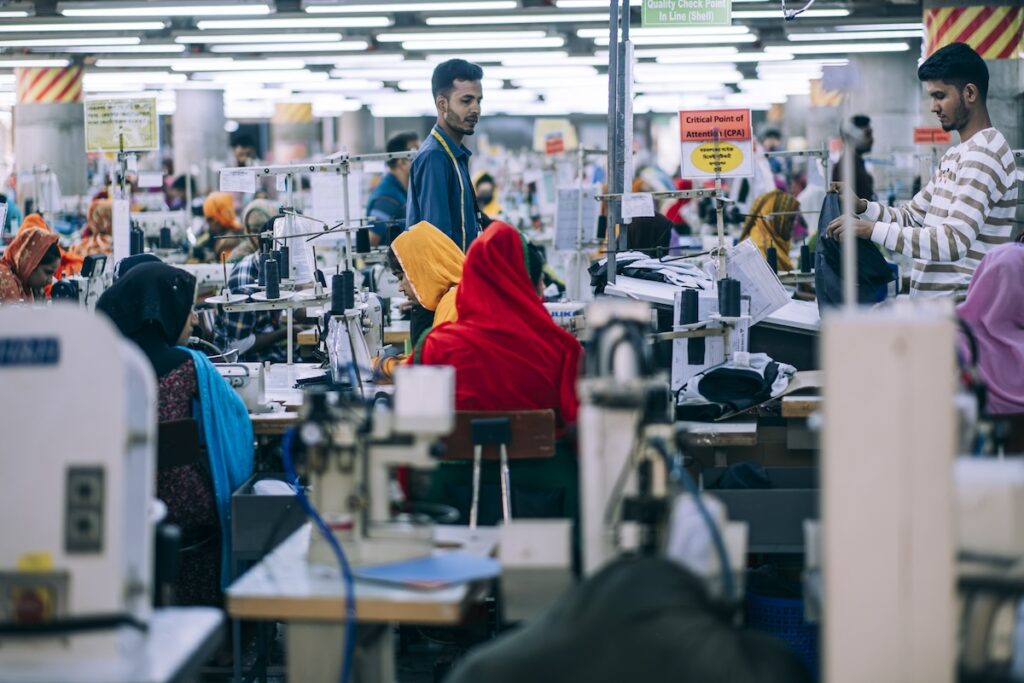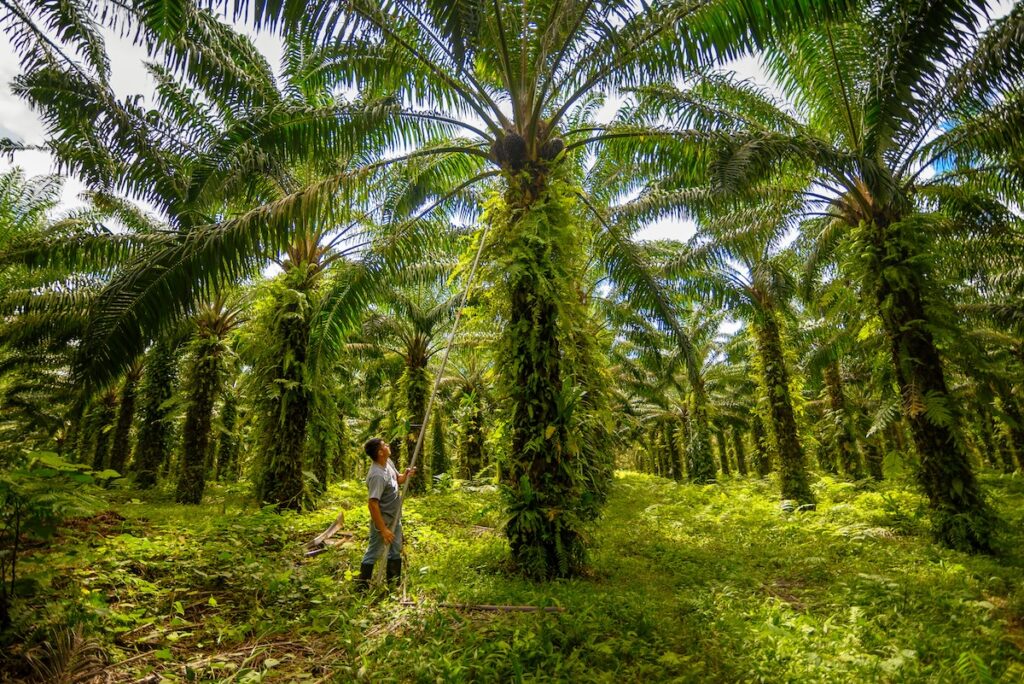How We Work and Where
North America is a major market for global commodities, such as coffee, cocoa, sugar, tea, fruits and vegetables, and critical minerals from low- and middle-income countries. As demand increases for sustainable production of these goods, Solidaridad North America works with partners to evaluate sourcing and sustainability goals and co-create solutions that drive impact throughout the supply chain, especially among small-scale farmers, workers and miners in Africa, Asia, and Latin America. We also partner with philanthropic organizations and governments to develop approaches that address local needs and build community resilience.
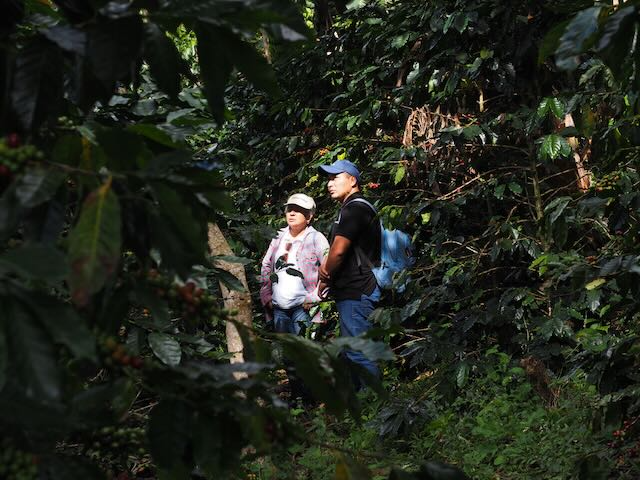
Facing uncertainty in a changing world
In a connected world, disruptions in one part of the supply chain can have far-reaching consequences. With the increased frequency of extreme weather events, resource scarcity, food insecurity, and unfair trade, the global economy is struggling to adapt. We believe solutions can be found among the small-scale farmers, workers, and miners producing the majority of our goods, and the supply chain actors they work with.
Solutions
Driving tangible commitments
Sustainable and stable supply chains are the responsibility of every actor. Solidaridad engages with stakeholders at every level to shape conversations on sustainability in the North American market and spur tangible commitments. We incorporate the voices of all actors throughout the supply chain, especially small-scale farmers, workers and miners.

Programmes & Partnerships
Change that matters with a partner who cares.
Find out what we can achieve together.
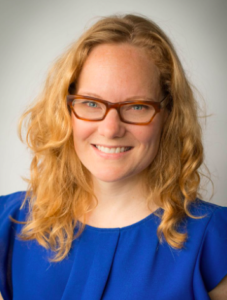
Jennifer Horning
Head of Corporate Engagement
jennifer.horning@solidaridadnetwork.org

Madhyama Subramanian
Head of Programmes and Partnerships
madhyama@solidaridadnetwork.org
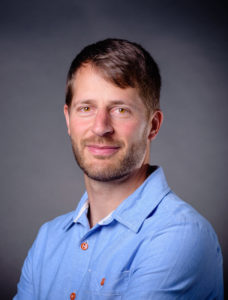
Kyle Freund
Senior Communications Manager
kyle.freund@solidaridadnetwork.org
Achievements
Strong advances and new partnerships
In 2023, Solidaridad’s North America office continued to gain traction and influence with high-value donors, the private and public sector, and foundations. The Amazonia Connect initiative made strong advances in its first full year of implementation. New partnerships with Cargill, the Walmart Foundation, and The Bill and Melinda Gates Foundation have pushed our sustainability work forward with a focus on sustainable production, digital innovation, and climate solutions. The publication of the Small Farmer Atlas and progress on new digital tools piqued interest in the public and private sectors as the impacts of policy shifts and climate change are felt in global supply chains.
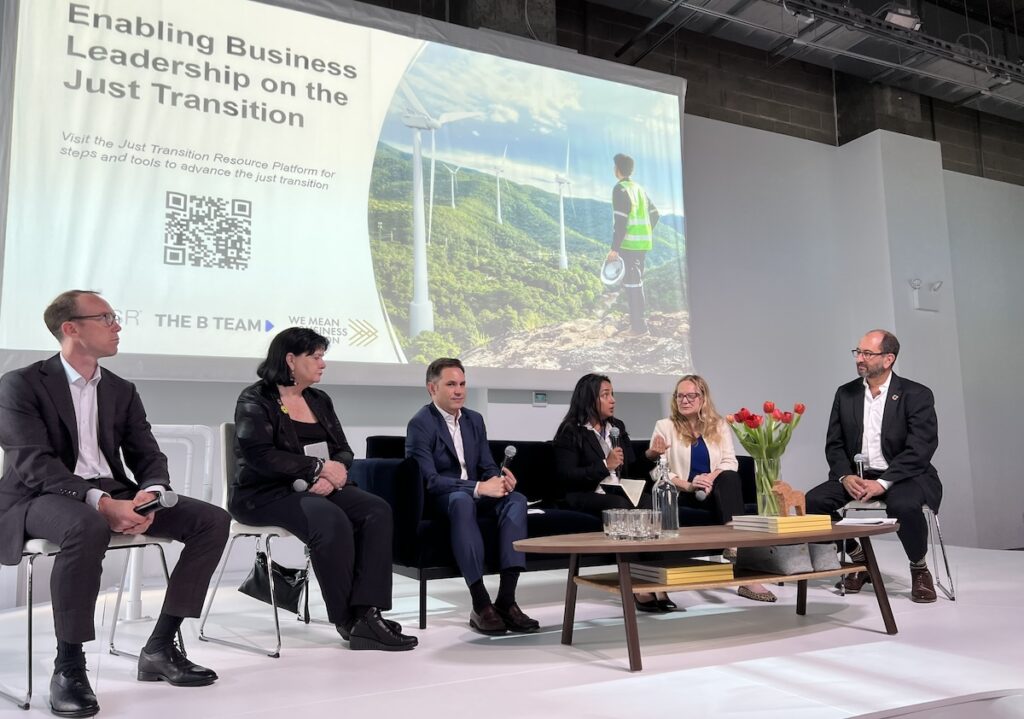
New grants, more impact
Given policy shifts on climate action and sustainability, Solidaridad was recognized for its cutting-edge solutions on climate, equity and decent work. Amazonia Connect, Solidaridad’s largest grant outside the European Union, was approved by USAID. Various tech companies engaged with us to address transparency, traceability and impact in the minerals space
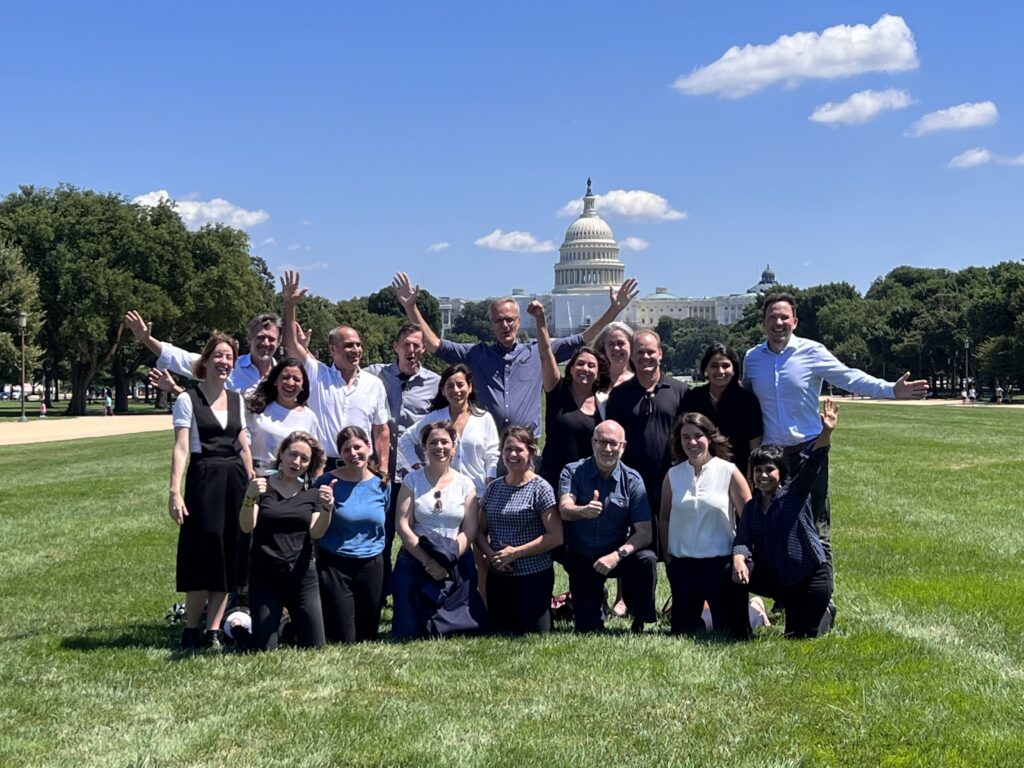
Participation and collaboration
In 2021, Solidaridad continued to grow by leaps and bounds in North America, solidifying important partnerships and growing visibility through participation in relevant events and media opportunities. Through collaboration with global colleagues and a deep understanding of donor perspectives and needs, Solidaridad was able to make significant progress on its 2021-2025 strategic plan.
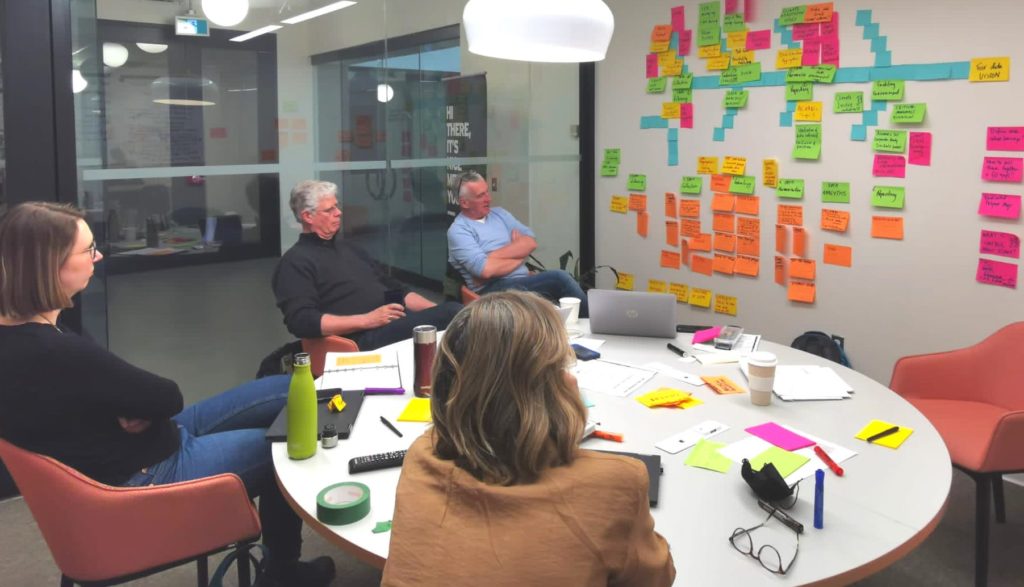
Unlocking potential
2020 was a transformative year for North America in more ways than one. We grew our capacity, and signed $1.2 million in new contracts. We also sparked critical conversations with ten major global corporations around issues ranging from zero-deforestation and climate to transparency and labour practices. We boosted our visibility regionally by participating in or hosting panel discussions at three globally attended events including AgriLinks’ ICTforAg and SOCAP.
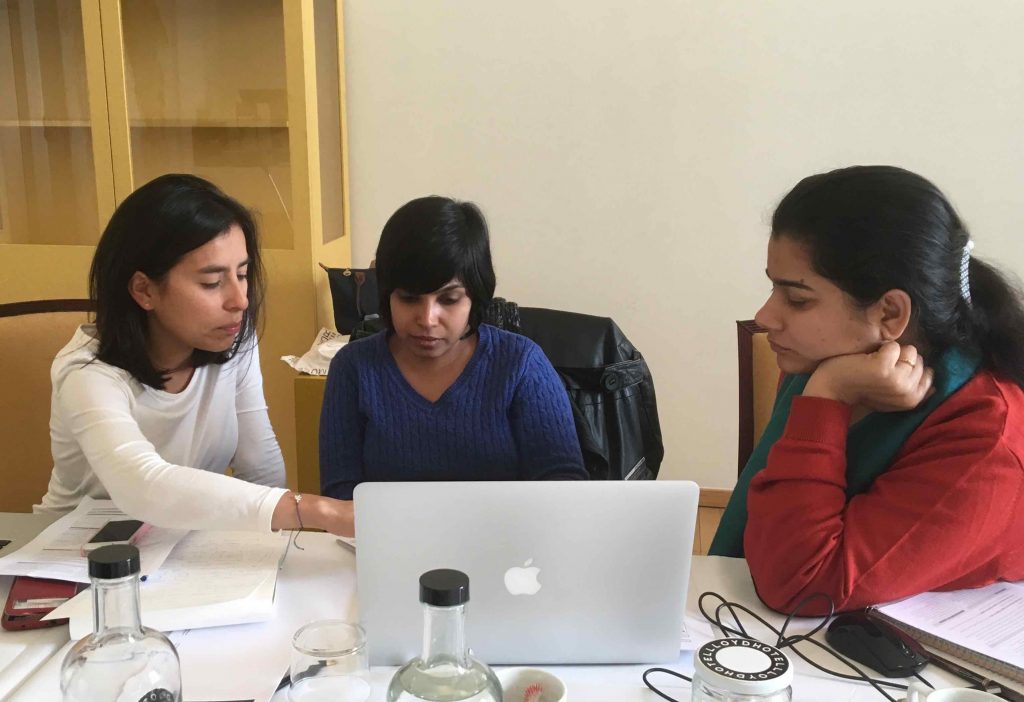
Transition and reflection
This was a year of transition and reflection. We progressed on building meaningful partnerships, and brought together stakeholders to address pressing issues in supply chain sustainability. With the onboarding of a new managing director, our lean team assessed the current internal and external landscape and rebuilt its strategy for 2020 and beyond. This included an analysis of the unique position we have to pursue opportunities for impact globally.

Growing recognition
The year 2018 saw Solidaridad begin to emerge from anonymity in North America. We were featured on national television, received a significant award, hosted a major conference and participated in numerous events, activities and publications throughout the year. In a region with more than a million non-governmental organizations, it has been a successful year for us.

Collaboration is key
The year 2017 was an eventful one for Solidaridad North America. The team continued to manage existing partnerships and develop new ones with leading brands and civil society organizations. Solidaridad focused significantly on improving external communication and enhancing brand recognition through different channels. In addition, the North American team developed several important proposals in collaboration with other regional centres in the Solidaridad Network.
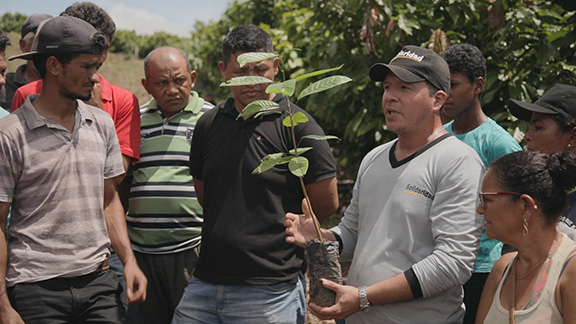
A lean team with big goals
Small but effective – that is Solidaridad North America in a nutshell. With a lean team, Solidaridad is punching above its weight in terms of proposals developed and relationships managed. In 2016, Solidaridad developed proposals in collaboration with all regional centres in the Network, strengthened its connections across North America and managed relationships with both current and prospective supporters and partners.

Growing commitments
Solidaridad North America continues to develop significant partnerships with companies, foundations and government agencies, engaging in an ever-widening range of activities. The highlight of the year was the consummation of a partnership with the MasterCard Foundation to implement a five-year, $15 million youth empowerment programme in the cocoa sector of Ghana, starting in 2016.

Becoming a trusted advisor
Solidaridad has grown into its role as an adviser to North American consumer goods companies and private foundations on issues including sectoral trends, multi-stakeholder initiatives, opportunities and risks within supply chains, and we continue to form partnerships to achieve sustainability targets.

Budding partnerships
Together with establishing its presence in North America, Solidaridad establishes a partnership with Walmart Foundation to support female cotton farmers in China. Solidaridad also builds relationships with several networks and civil society organizations, including the Tropical Forest Alliance 2020.

Setting the stage
The North America office is established as a legal entity in the United States, enabling Solidaridad to engage strategically with key market players and institutions across the region. Focused on partnership building, the office will support network-wide activities designed to promote sustainable land use and strengthen commodity supply chains.

Continental Supervisory Board
The Continental Supervisory Board of Solidaridad North America is responsible for monitoring policies, quality of programmes, financial control and the performance of the office in North America. They support in setting the parameters for growth, determining the future direction, and ensuring a strong national and continental presence. The current board has four members: Deborah Barry, Barbara Stinson, and Chris Wolz.
Get in touch
Want to know more about our work in North America? Get in touch with our team.
2120 University Ave
Berkeley, CA, 94708
northamerica@solidaridadnetwork.org

